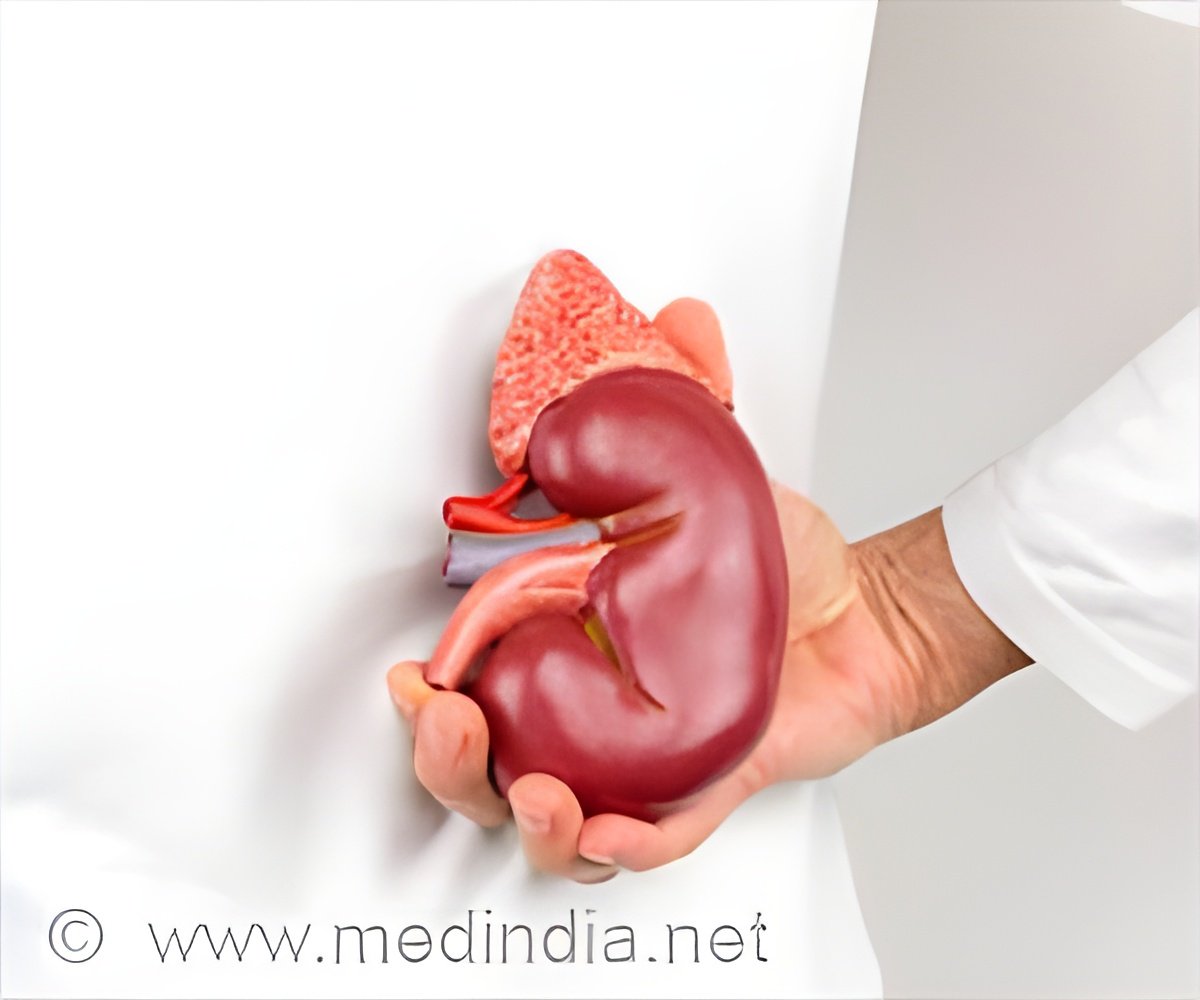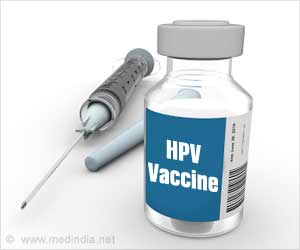A new eye drop therapy offers a non-invasive alternative for treating dry age-related macular degeneration.

Age-related macular degeneration (AMD) is the primary cause of vision loss in people over 65, marked by abnormal changes in the macula that lead to diminished vision and distorted perception of objects. Dry AMD represents 90% of all AMD cases and typically causes mild vision impairment, though around 30% of cases progress to the more severe vision loss associated with wet AMD within 10 years (1✔ ✔Trusted Source
Massively Parallel Screening of Toll/Interleukin-1 Receptor (TIR)-Derived Peptides Reveals Multiple Toll-Like Receptors (TLRs)-Targeting Immunomodulatory Peptides
).
As of 2023, the only FDA-approved treatments for dry AMD are two injectable drugs. These treatments are constrained by potential complications from intravitreal injections and limited effectiveness in restoring vision.
Advertisement
Development of a New Therapeutic Agent
The research team led by Dr. Moon-Hyeong Seo from the Natural Product Drug Development Center at the Korea Institute of Science and Technology (KIST, President Oh Sang-Rok) has developed a new therapeutic agent for dry AMD that can be administered as eye drops. Eye drops are the most preferred drug delivery method in the ophthalmic market, yet developing eye drop formulations targeting the retina, located in the posterior segment of the eye, remains a significant challenge.
Advertisement
Focus on Toll-Like Receptors (TLRs) in AMD
To address the limitations of injection-based treatments, the research team focused on the inflammatory signaling pathway of Toll-like receptors (TLRs), which are known to play a critical role in AMD pathogenesis. By extracting peptide sequences from tens of thousands of proteins with structures similar to natural TLR signaling proteins, they established an extensive library of over 190,000 peptide drug candidates. Utilizing advanced technology for rapidly screening peptides that specifically bind to TLR signaling proteins, they successfully identified multiple candidate peptides capable of inhibiting interactions between these proteins.
The researchers validated the therapeutic efficacy of the peptides by administering them as eye drops to mice with induced dry AMD. The treated group exhibited retinal cell protection and significantly reduced retinal degeneration, comparable to normal mice. This demonstrated that peptide-based eye drops could effectively replace existing injectable therapies for dry AMD.
Advertisement
Reducing Complications and Costs of Invasive Treatments
This new therapeutic agent, delivered in eye drop form, offers enhanced treatment convenience and adherence for patients while reducing complications and costs associated with repetitive invasive treatments. Furthermore, the non-invasive and safe nature of the therapy provides a novel treatment option that improves both efficacy and patient satisfaction. This innovation is expected to revolutionize the treatment accessibility of AMD and other related ophthalmic conditions.
Targeting Aging-Related Diseases
Dr. Seo stated, “The KIST Natural Product Drug Development Center, established in September to focus on mission-driven research, aims to develop global drugs targeting aging-related diseases, including cancer and ophthalmic conditions. We plan to pursue collaborative research with domestic and international pharmaceutical companies to advance global clinical trials for this innovative dry AMD therapeutic.”
Reference:
- Massively Parallel Screening of Toll/Interleukin-1 Receptor (TIR)-Derived Peptides Reveals Multiple Toll-Like Receptors (TLRs)-Targeting Immunomodulatory Peptides – (https://pubmed.ncbi.nlm.nih.gov/39482884/)
Source-Eurekalert



